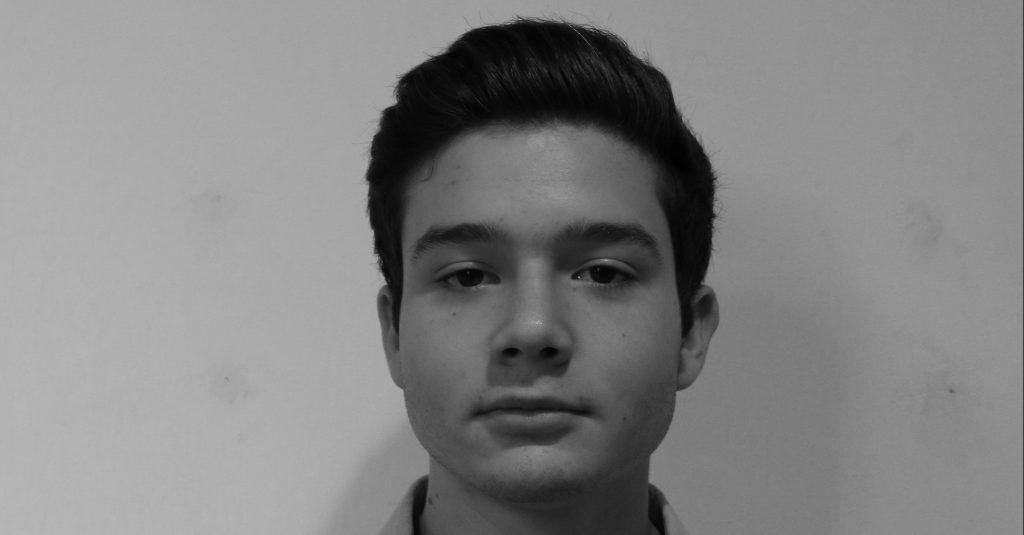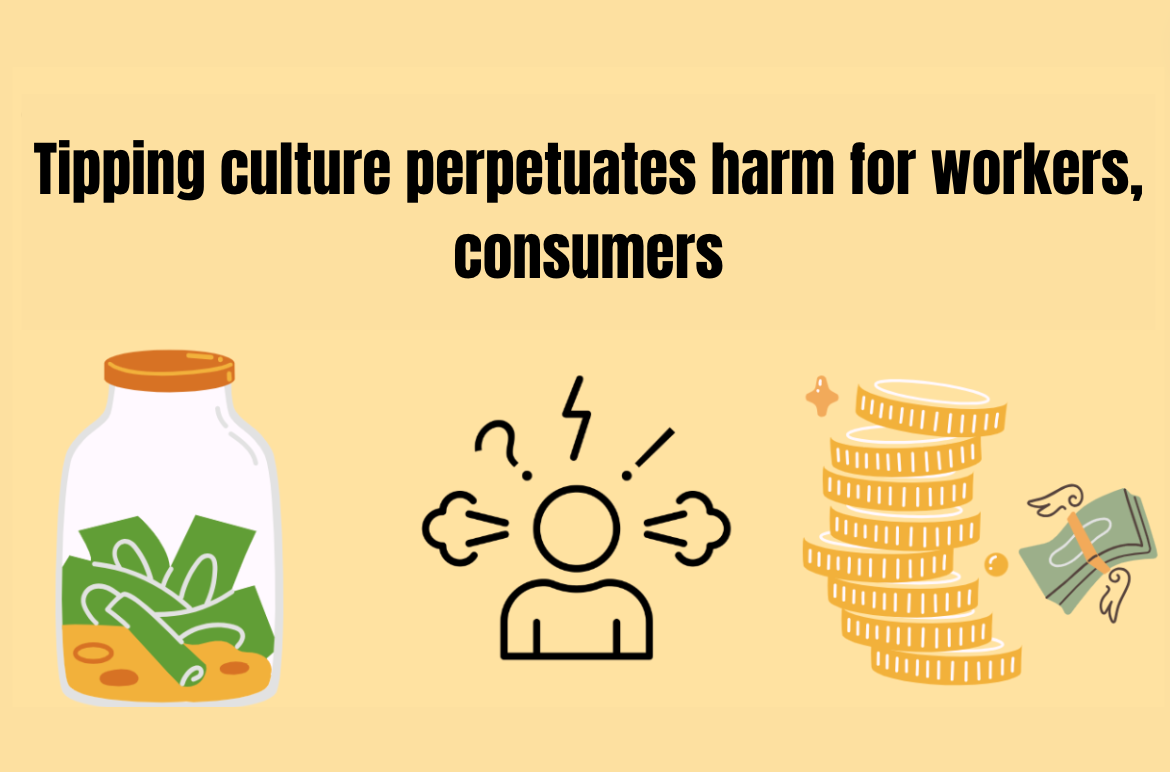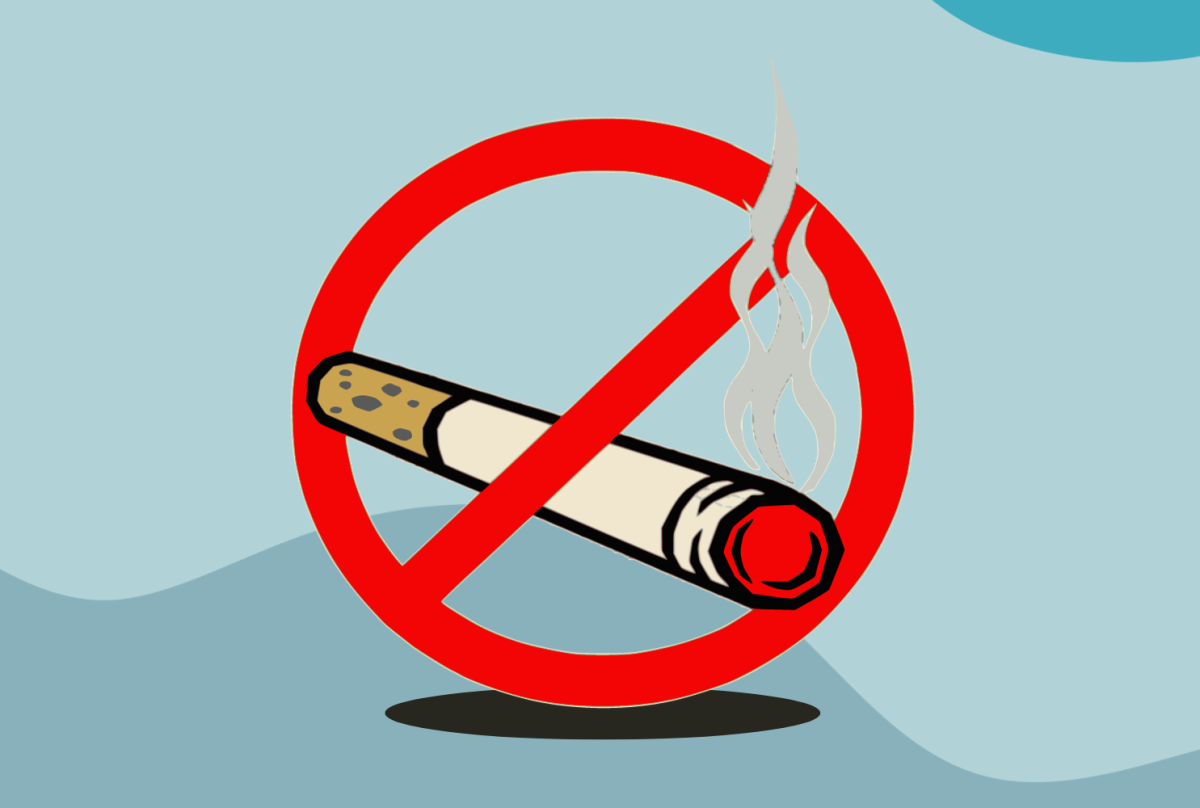To be intolerant is shameful. It does not matter if the victim is hated for their race, creed, nationality or sexual orientation. Intolerant speech of any kind is shameful, and every facet of society should maintain and act on that point of view.
The one exception to this is the law. There should be no impediment on free speech, even if that impediment is meant to stop hateful speech. In the United States, the First Amendment to the Bill of Rights ensures freedom of speech. The clause that permits free speech permits the freedom of all speech.
There has been recent controversy of NFL players kneeling during the national anthem to protest police brutality. President Donald Trump has added to the controversy by saying that the players are disrespecting the anthem and the flag by kneeling and that the club owners should force them to stand or be fired. He clarified that he believes this is not about freedom of speech, and that players should have freedom of speech off the field.
However, freedom of speech and peaceful protest go hand in hand. Although the Trump administration has not legislated against the NFL players, Trump’s suggestion is certainly a government intervention on free speech. It is acceptable for a company or place of work to have rules about what speech or action is appropriate, but the government should not get involved in telling people what personal expression is right or wrong.
In an August 2017 article in the Boston Globe, Harvey Silverglate, a lawyer and First Amendment advocate, said, “Constitutional protection is not needed so much for someone saying, ‘I like you,’ but it assuredly is needed to protect someone who says, ‘I hate you.’”
Things are different in the U.K. Although freedom of speech exists as a broader concept, this particular freedom is not cemented in law. Simply put, free speech is not an absolute right in the U.K.
It is imperative for all speech to be protected, both the (subjectively) good and the bad. Putting any restriction on freedom of speech opens the floodgates for more limitations on this essential right. Examples of this have been seen in the U.K. According to the Huffington Post, the Public Order Act (POA) was created in the 1980s to regulate soccer hooligans and violent rioters and outlaws, and “the unreasonable use of abusive language likely to cause distress.” Although this seems benign and was almost certainly passed to be so, the POA has more recently been used to criminalize non-violent “offenses.”
According to the Telegraph and the BBC, Dale McAlpine, a Christian preacher was arrested for violating the POA after giving a sermon atop a stepladder in Cumbria. After finishing his sermon, a policeman came up to McAlpine and mentioned that he, the policeman, was gay. McAlpine responded by saying that “the Bible says homosexuality is a sin.” The police officer proceeded to arrest McAlpine and detain him for several hours. His experience shows the danger of banning speech under the guise of stopping incitement, such as that the POA was intended for.
Thankfully, stories like McAlpine’s are all but unheard of in the U.S., as the freedom of speech is constantly reaffirmed to be absolute by the Supreme and lower courts. This example of the POA in the U.K. is relevant to the US because it shows what can happen if any restriction on free speech is created. There should continue to be no limitations on free speech because the freedom of expression is essential for a functioning democratic society. The law should not draw any lines as to what non-violent speech is acceptable and what is not, that is society’s job.
There is no equal to the POA in the U.S., and there should not be one. McAlpine’s story should serve as a cautionary tale to all free nations; no matter how vile and repugnant someone’s views are, they are legal but not OK. Freedom of speech, like the other rights enumerated in the First Amendment, is essential to having a successful democracy. If the regulation of a “hooligan” soccer fan leads to the crackdown on the right to a personal opinion, then what is next?
The solution to curbing intolerant speech does not lie in the law; it lies in society. This responsibility is one given to parents, to teachers, to schools and to leaders. Whether it be attending counter-rallies, getting into a debate or simply forming a big enough group to say “we disagree,” social solutions to intolerance are the way to go. People need to advocate for what they believe in, and then eventually mainstream society will stop accepting morally repugnant opinions. Racists and Neo-Nazis are not part of mainstream society because law forbids them to be, it is regular people who do.
The way the five core values at ASL are employed is a perfect example of a social solution. While going to ASL, students are expected to be respectful, to be kind and to have integrity in their work and dealings with other people. Education can play an essential part in eradicating intolerance. If ASL’s core values are taken to heart and applied outside of school, then alums will be part of the social solution to tackle intolerant speech.
Written by Staff Writer Jonathan Philips








